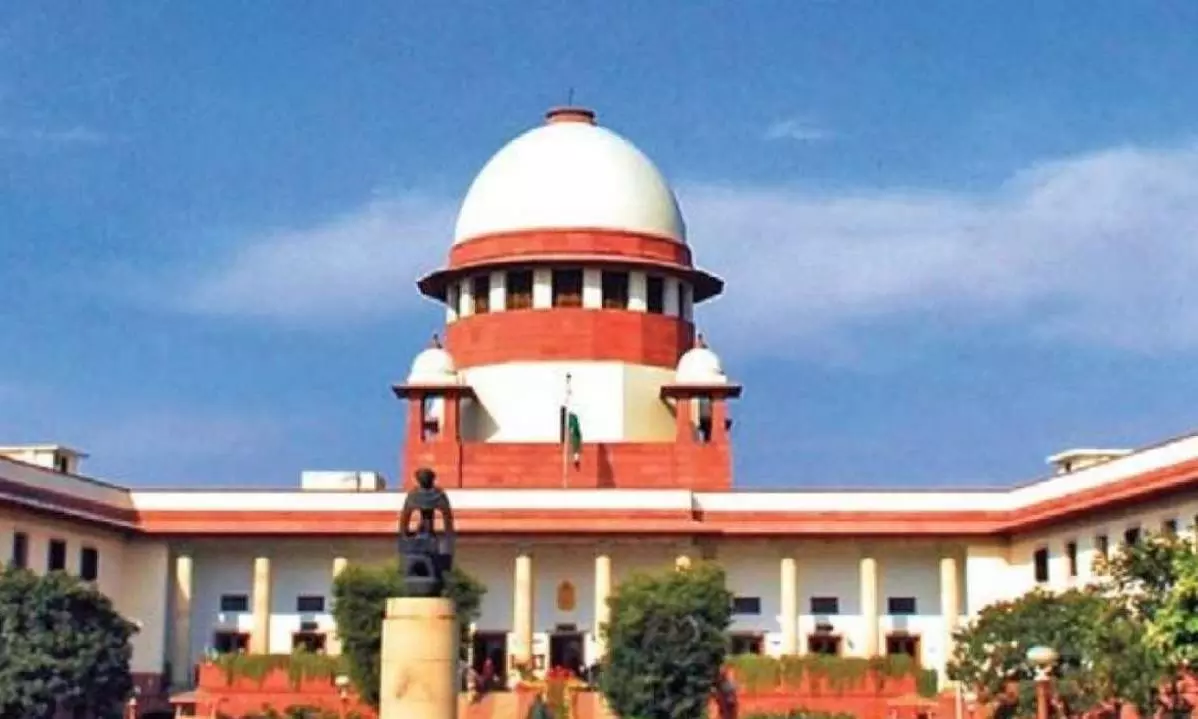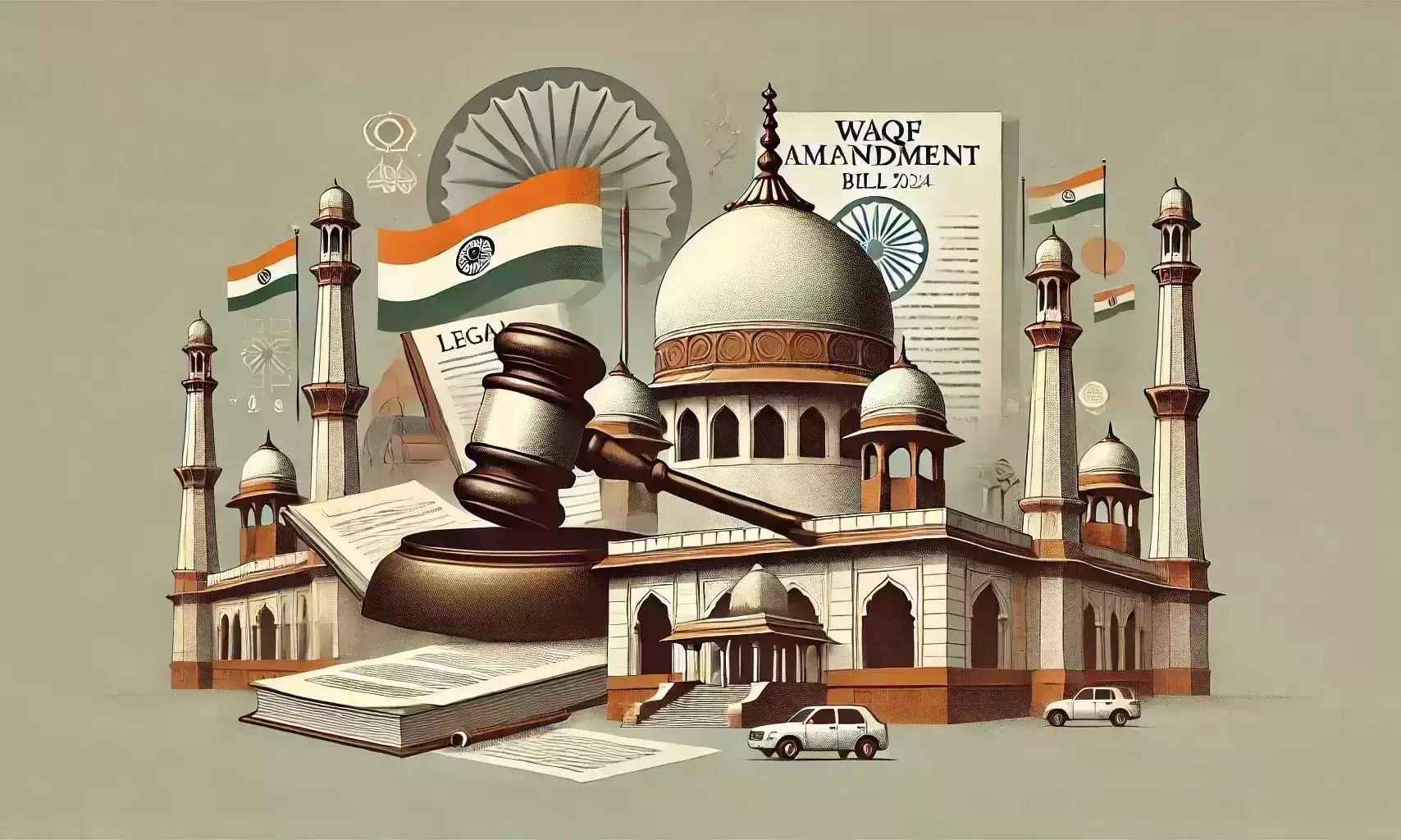
Centre assures only Muslims in Waqf Boards, waqf-by-user status will remain until next hearing
text_fieldsThe Union Government on Thursday assured the Supreme Court that no non-Muslim will be appointed to the Central Waqf Council or State Waqf Boards and that no waqf property, including those declared by waqf-by-user or by deed, would be denotified until the next hearing scheduled for 5 May. The court recorded these assurances while granting the Centre's request for a week to file its response.
The court has been hearing a batch of petitions challenging the constitutionality of the Waqf (Amendment) Act, 2025, where the bench led by Chief Justice of India Sanjiv Khanna also clarified that the matter will now be titled In Re: Waqf Amendment Act and only five selected writ petitions will be treated as lead matters.
The Centre, represented by Solicitor General Tushar Mehta, also conveyed that appointments to the Waqf Boards and Council under Sections 9 and 14 of the new Act will not be made until further directions from the Court.
The bench, which also included Justices Sanjay Kumar and KV Viswanathan, came up with the concept of assurances as part of interim measures sought to maintain the status quo while deliberations on the constitutionality of the Amendment continue.
The Court noted that while a complete stay on the operation of the 2025 Amendment Act was not being imposed, it was essential that the prevailing situation on the ground should not be altered during the pendency of the proceedings.
The bench acknowledged that certain provisions of the new law had been viewed as positive, but emphasised that the risk of irreversible changes to property rights and administrative appointments required judicial restraint and close monitoring.
The Solicitor General requested time to file a preliminary reply and supporting documents, arguing that the matter involved complex issues, including concerns raised by a large number of affected individuals, particularly over village lands declared as waqf.
While acknowledging the magnitude of the issues involved, the Court allowed the Centre to submit its reply within seven days and permitted the petitioners to respond within five days of receiving the Union’s submissions.
The bench also clarified that the provision in the 2025 Act allowing the Collector to conduct inquiries to determine whether waqf properties are actually government lands would not be given effect to during the interim period.
Further, it was clarified that properties registered as waqf under the Waqf Act of 1995 shall not be disturbed, including those notified as waqf-by-user. The Court reiterated its position that while executive powers allow for policy decisions, judicial oversight is necessary to ensure that such decisions do not infringe upon legal rights, particularly in a matter as sensitive as religious endowments and community property.
Given the large number of writ petitions filed in connection with the 2025 Amendment, the bench directed that only five petitions will be treated as the lead matters and that other petitions would either be treated as disposed of or as interim applications. Petitioners were granted liberty to select these five lead matters, and nodal counsel from both sides were asked to be appointed to facilitate further hearings.
The Court also directed that challenges to the 1995 Waqf Act and the 2013 amendment would be heard separately and would be listed independently in the cause list. Petitioners in those matters were granted permission to file responses, and the Union as well as the State Governments and respective Waqf Boards were allowed to respond within seven days.
The matter will next be heard on 5 May at 2 PM.













